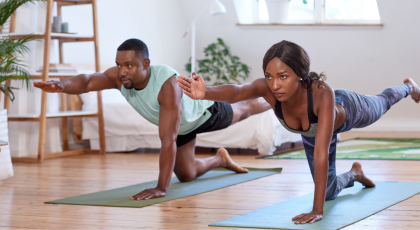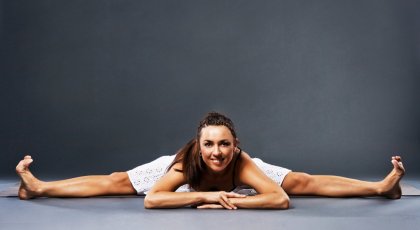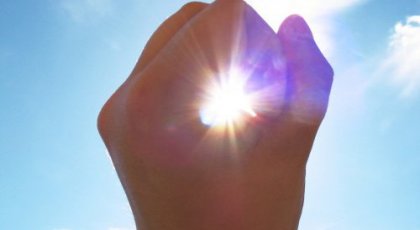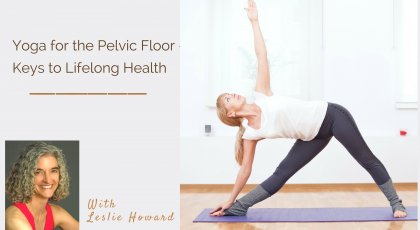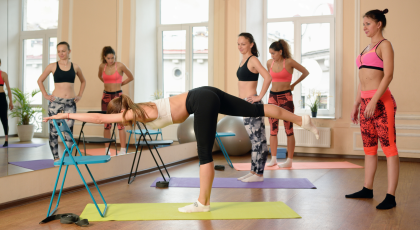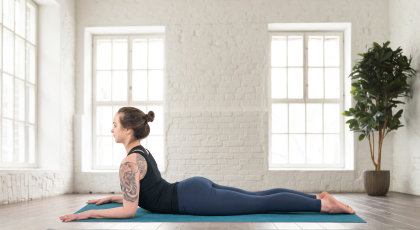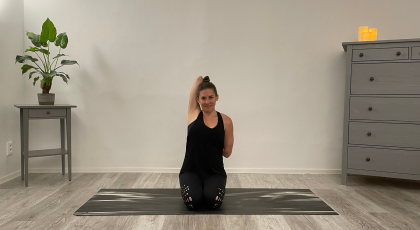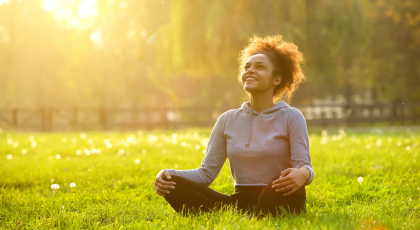View basket (0 items $0.00)

Yoga Improves Quality of Life in People with Rheumatoid Arthritis, Study Says
Rheumatoid arthritis (RA) is a painful autoimmune disease, which particularly affects women, and is common even among younger age groups. Symptoms include fatigue, stiffness and joint pain, which can progress to flu-like symptoms with muscle aches and loss of appetite.
RA is a chronic disease, and patients may suffer for years without relief. The traditional drug treatment for RA has many side effects and can pose additional risks, so medical researchers are exploring complementary and alternative treatment options.
A recent study published in the Clinical Journal of Pain explored the effects of Iyengar yoga on patients with RA and found that a regular yoga practice helped improve quality of life, bring relief of symptoms, and increase mobility in a group of young women suffering from RA.
In the study, 26 women from the age of 21 to 35 were assigned to two groups. One group practiced Iyengar yoga twice a week, the other was assigned to a wait list for yoga classes. Iyengar yoga may be of particular use for people with RA because it uses straps, cushions, blocks, and other props to stretch and strengthen the muscles.
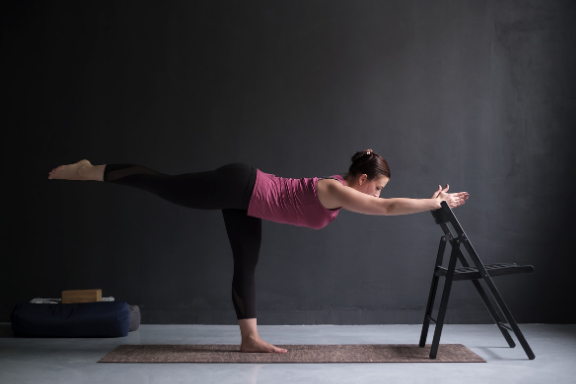
After six weeks, the researchers compared both groups on a series of questionnaires. The women in the yoga group reported significant improvements in quality of life, reduced pain disability, as well as improved general health, mood, fatigue, and self-efficacy regarding pain. In addition, almost half of the yoga group reported clinically meaningful symptom improvement. At follow-up, two months after the study period, the people in the yoga group still showed improvements in quality of life and general health, and the reduced ratings of pain, anxiety, and depression were likewise maintained at follow-up.
The sets of standing poses, backbends, and inversions with blocks and straps got the patients moving, but researchers say the way yoga improves quality of life scores is even more exciting. Participants reported an increase in a positive mood, greater acceptance, and a better ability to cope with their condition than with their regular treatments.
For people with RA, social isolation often becomes another challenge to face. Although typically diagnosed in older adults, some 400,000 young Americans suffer from RA. Depression and decreased employment rates are more common for those with RA, especially in young adults. The disease often robs them of their independence and keeps them from attending school and social functions. It can make their journey in life that much harder day after day.
RA causes chronic pain, but what doctors also say hurts patients is the mental burden of a life of impeded mobility. Maintaining a positive outlook is tough for those with a condition that only gets worse over time. Staying motivated to continue with treatment is very important for long-term health, but with drug side effects and limited methods, traditional treatments can be a hard act to keep up.
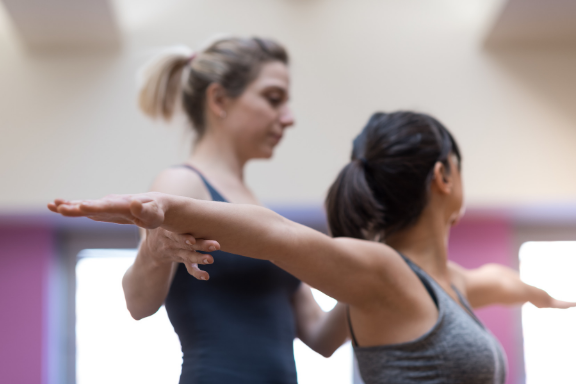
The UCLA study holds promise that yoga may offer effective therapy for those suffering from RA. Treatments can be individualized to meet each patient’s abilities and needs, particularly when working with an experienced yoga therapist.
The UCLA researchers are hoping that doctors will start implementing a similar yoga program for patients with RA and plan to continue researching the benefits of a yoga-based treatment.
Featured Courses
